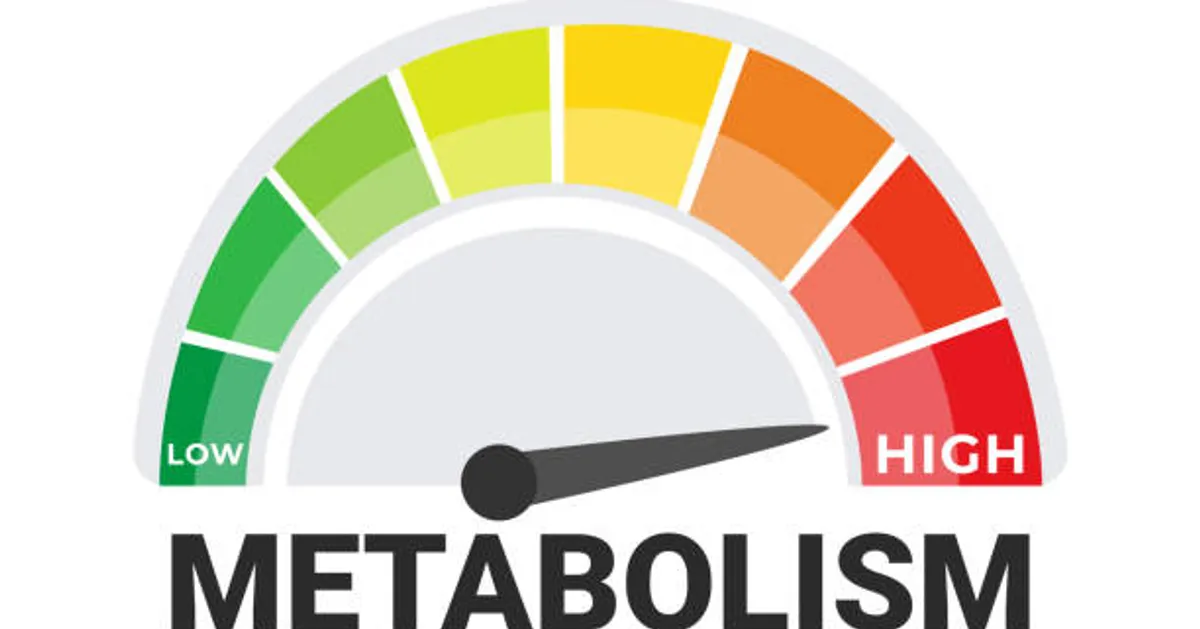
How to Boost Metabolism for Faster Weight Loss

GeokHub
Contributing Writer
For many people trying to lose weight, the question often comes down to metabolism. Why do some people seem to burn calories easily, while others struggle despite diet and exercise? Experts explain that while genetics play a role, there are proven ways to naturally boost metabolism and support faster, sustainable weight loss.
What Is Metabolism?
Metabolism is the process by which the body converts food and drink into energy. Even at rest, the body burns calories to maintain essential functions like breathing, blood circulation, and cell repair. This is known as the basal metabolic rate (BMR), and it accounts for up to 70% of daily calorie use. The faster your metabolism, the more calories you burn — and the easier it becomes to lose or maintain weight.
Proven Ways to Boost Metabolism
1. Build Muscle with Strength Training
Muscle burns more calories than fat, even when you’re not active. Fitness trainers emphasize that incorporating resistance training, such as lifting weights or using bodyweight exercises, helps increase muscle mass and rev up metabolism over time.
2. Stay Active Throughout the Day
It’s not just about gym sessions. Small actions like walking more, standing instead of sitting, and taking the stairs all add up. Known as non-exercise activity thermogenesis (NEAT), these movements significantly influence calorie burn.
3. Prioritize Protein in Your Diet
Eating protein-rich foods like lean meats, eggs, beans, and yogurt triggers the thermic effect of food (TEF), where the body uses more energy to digest and process protein compared to carbs or fats. This effect can temporarily boost metabolism by up to 30%.
4. Drink Enough Water
Studies show that drinking water, especially cold water, can slightly increase calorie burning as the body works to warm it up. Staying hydrated also prevents fatigue, helping you stay more active throughout the day.
5. Don’t Skip Meals
Skipping meals slows metabolism and can trigger overeating later. Nutritionists recommend eating balanced meals and snacks every few hours to keep energy levels steady and metabolism active.
6. Get Quality Sleep
Poor sleep disrupts hormones like leptin and ghrelin, which regulate hunger and appetite. Over time, lack of sleep can lower metabolic efficiency and increase cravings for high-calorie foods. Aim for 7–9 hours nightly.
7. Add Metabolism-Boosting Foods and Drinks
Green tea, coffee, chili peppers, and whole grains have been shown to have a mild metabolism-boosting effect. While not magic solutions, they can complement a healthy diet.
8. Manage Stress Levels
High stress raises cortisol, a hormone linked to fat storage and slow metabolism. Relaxation techniques like mindfulness, yoga, and deep breathing not only calm the mind but also support healthy weight loss.
The Bottom Line
Boosting metabolism is not about quick fixes or miracle products. Instead, it’s about building long-term habits: strength training, staying active, eating enough protein, drinking water, and maintaining good sleep and stress management. Combined, these steps create a steady environment for fat loss while supporting overall wellness.
Frequently Asked Questions (FAQ)
Q: Can metabolism really be changed?
A: While genetics set a baseline, lifestyle choices like exercise, sleep, and diet can improve metabolic efficiency.
Q: Does eating spicy food make a big difference?
A: Spicy foods like chili peppers may give a temporary boost, but the effect is small. They work best as part of a healthy overall diet.
Q: How many meals should I eat to keep my metabolism high?
A: Experts recommend 3 balanced meals with 1–2 healthy snacks, rather than skipping meals, to avoid slowing metabolism.
Q: Does drinking coffee help burn fat?
A: Yes, caffeine stimulates the nervous system and can temporarily boost metabolism, but it’s most effective when paired with exercise and healthy eating.
Q: Why do some people lose weight faster than others?
A: Factors like age, muscle mass, hormones, and genetics play a role, but consistent lifestyle habits matter most for long-term results.








